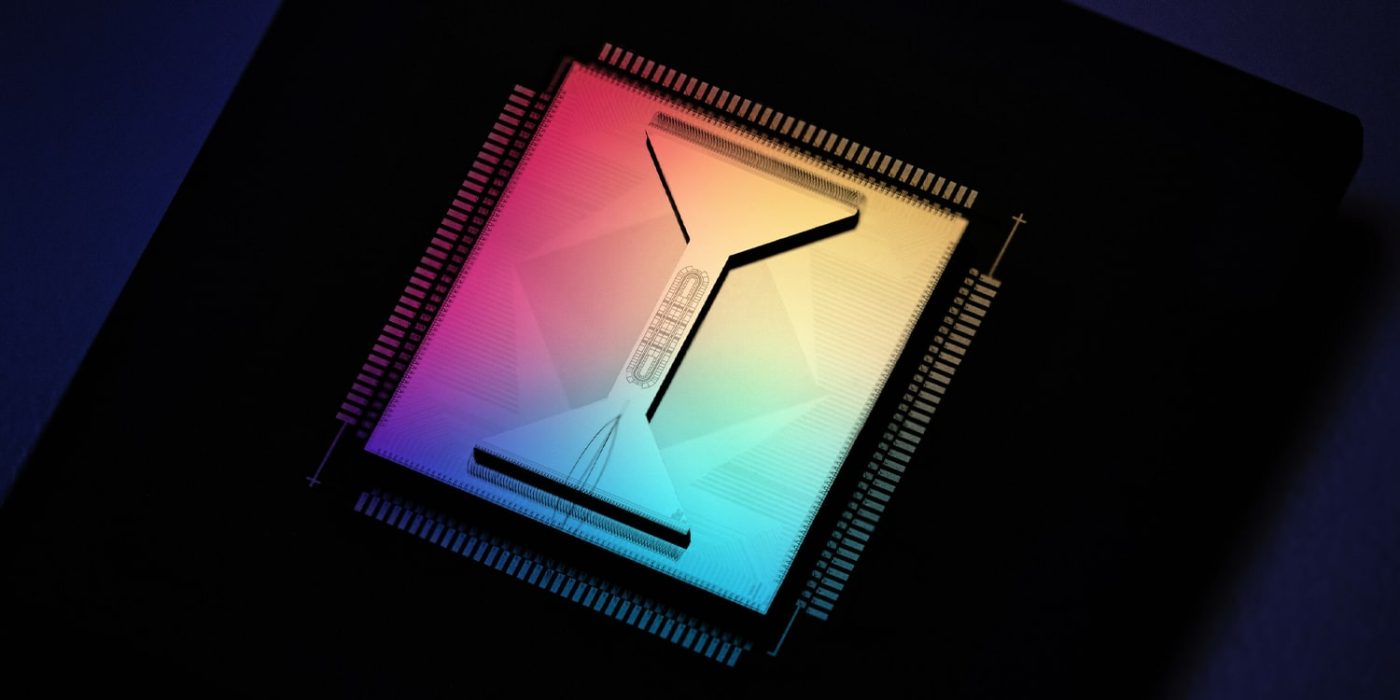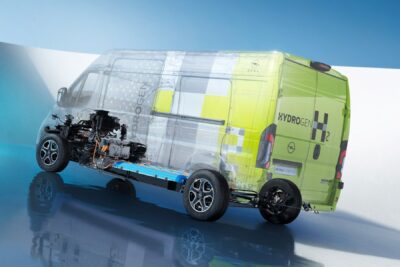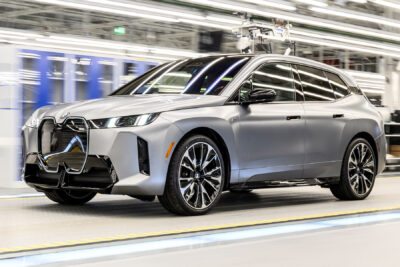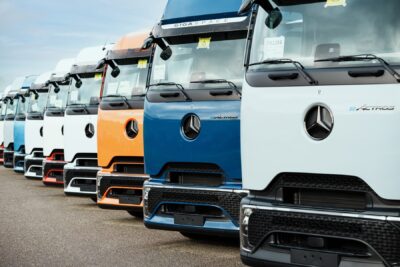Airbus, BMW and Quantinuum to improve FC catalysts
Airbus, BMW and the English quantum computer provider Quantinuum are jointly conducting mobility research with quantum computers. The focus of the cooperation is on the chemical reactions of catalysts in fuel cells.
In a new technical paper, the partners report that they can accurately model the oxygen reduction reaction (ORR) on the surface of a platinum-based catalyst. ORR is the chemical reaction in the process of converting hydrogen and oxygen into water and electricity in a fuel cell, which limits the efficiency of the process. It is relatively slow and requires a large volume of platinum catalyst.
For this reason, it is of great interest and considerable value to better understand the underlying mechanisms of the reaction. The research team hopes that understanding the ORR reaction will provide insights that will help identify alternative materials that can improve performance and reduce fuel cell production costs, the initiators wrote.
“Circularity and sustainable mobility are putting us on a quest for new materials, to create more efficient products and shape the future premium user experience,” explained Dr. Peter Lehnert, Vice-President, of Research Technologies at BMW Group, adding: “Being able to simulate material properties to relevant chemical accuracy with the benefits from the accelerating quantum computing hardware is giving us just the right tools for more speed in innovation for this decisive domain.”
“We can clearly envision the benefits of the study in our quest for sustainable and hydrogen-powered alternatives such as the ZEROe aircraft, which may operate on fuel cell engines,” says Isabell Gradert, Vice President of Central Research and Technology at Airbus. “The study confirms that quantum computing is maturing at the scale we need for aviation.”
Quantum computers are already being used by other companies to optimise their eMobility development. Bosch and IBM want to improve a whole range of eMobility materials, as classical computers cannot calculate the materials with strongly correlated electrons with sufficient accuracy. VW and the Canadian startup Xanadu want to use quantum computing to improve future battery generations in particular, and Hyundai also wants to use quantum computing primarily around battery development.





0 Comments